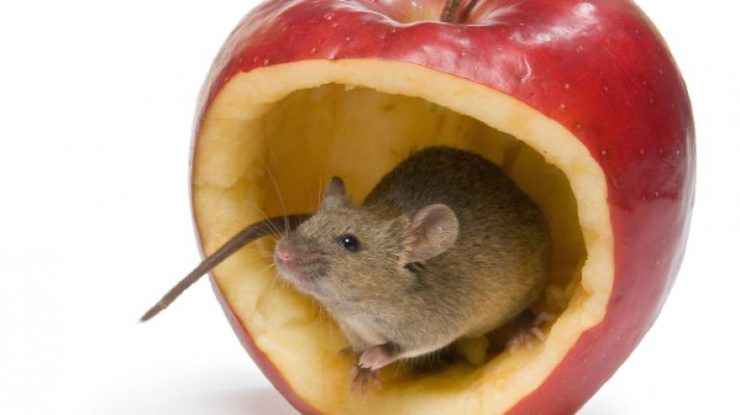Last week, we wrote about the list of food safe for rats to eat and today we’d be looking at dangerous foods for rat’s to eat.
Unsafe Foods for Rats to Eat
Avocados
Blue cheese
Brussel sprouts
Carbonated drinks
Chocolate
Dried corn
Dry beans
Green bananas
Green potato skins and tubers
Licorice
Orange juice

Peanut butter
Raw artichokes
Raw bulk tofu
Raw dry beans or peanuts
Raw onion
Raw sweet potato
Raw red cabbage
Raw peanuts
Rhubarb
Soy Milk
Wild insects




Leave a Reply
You must be logged in to post a comment.